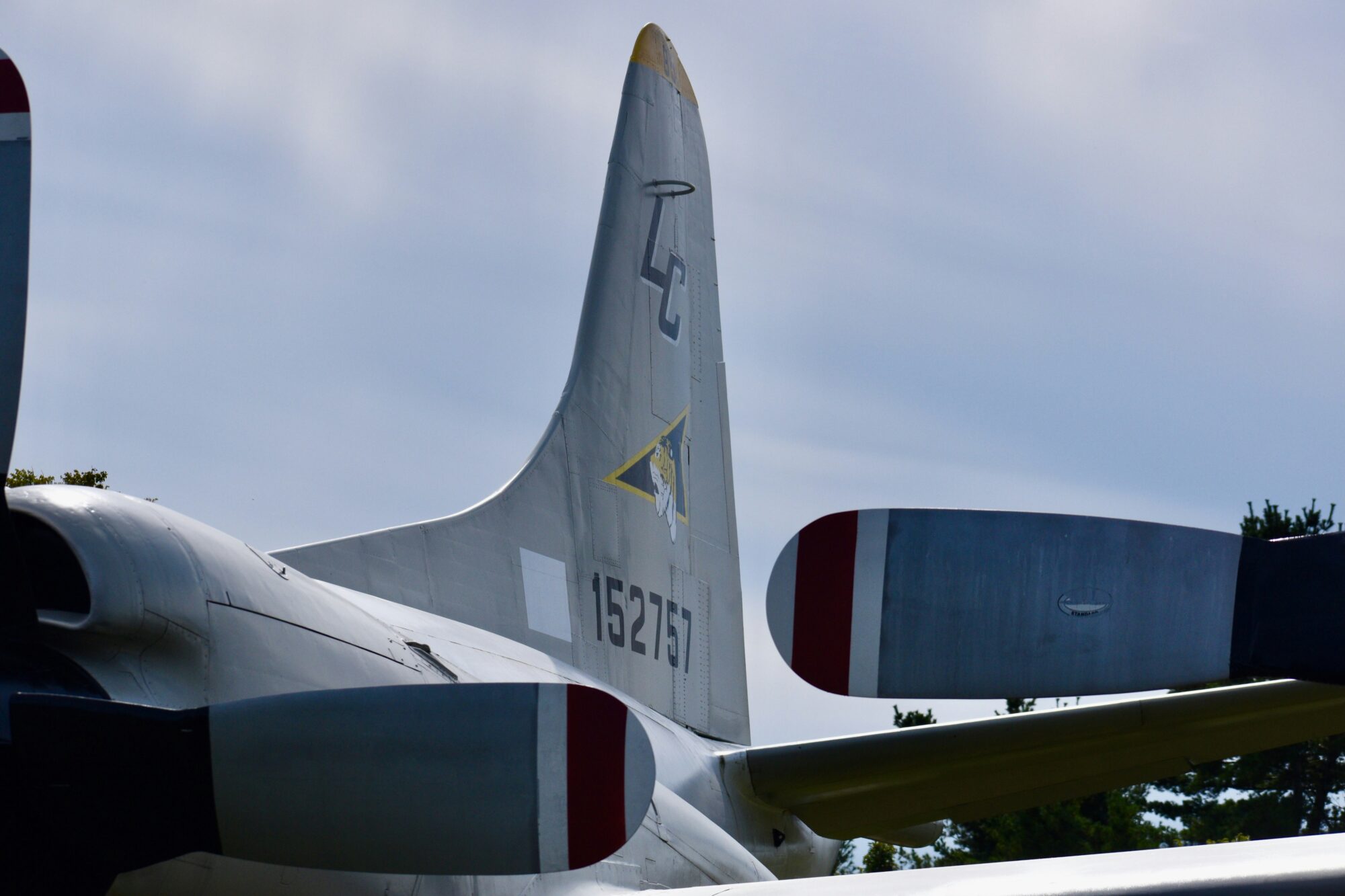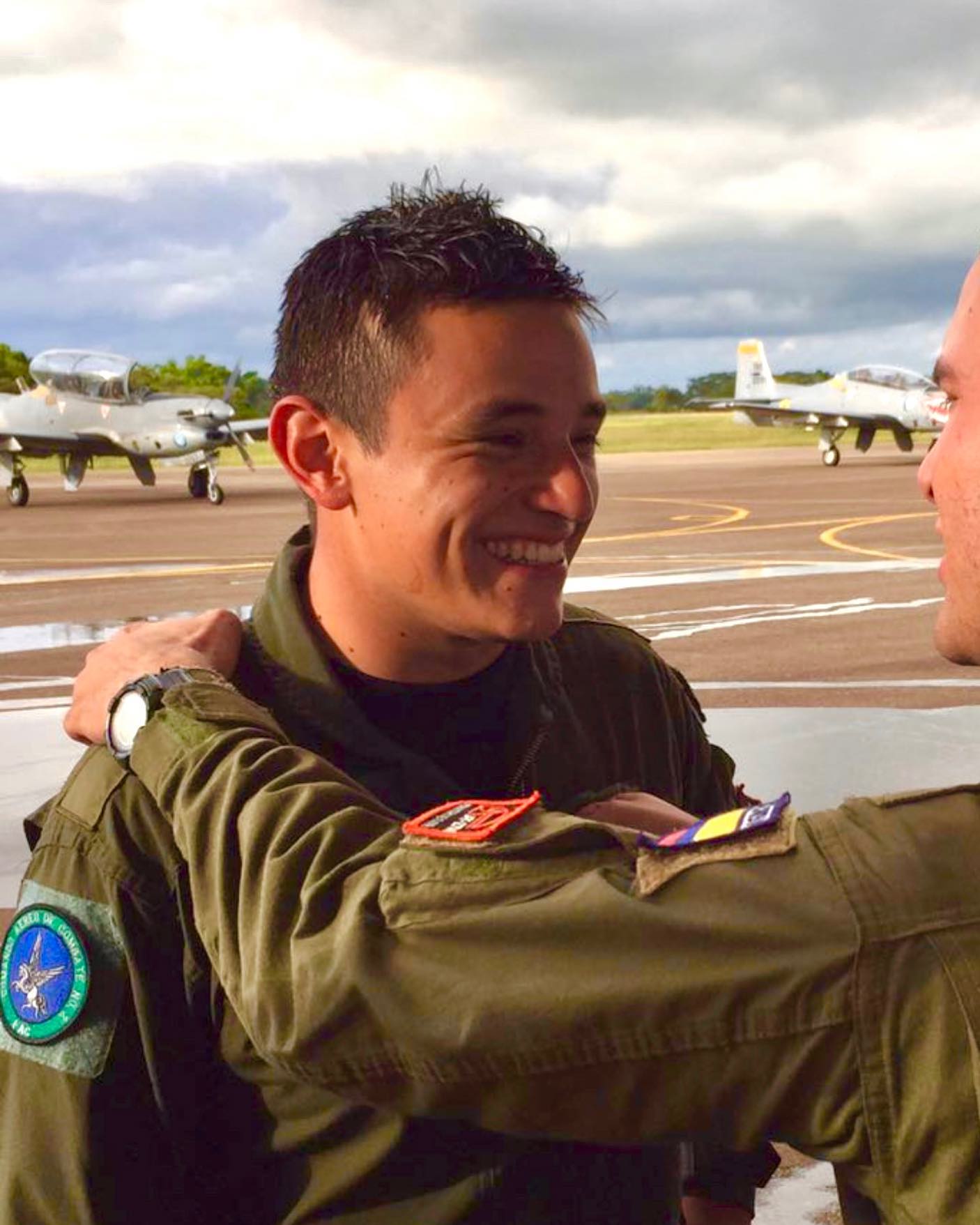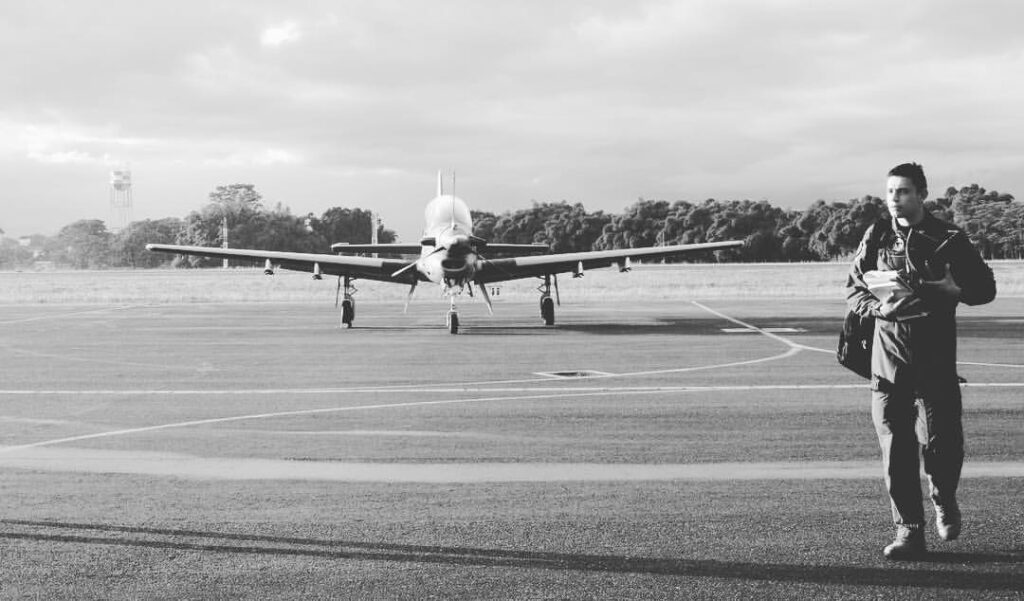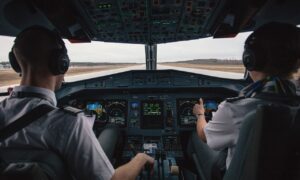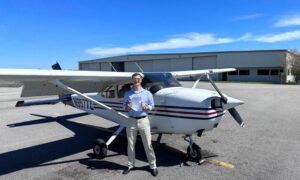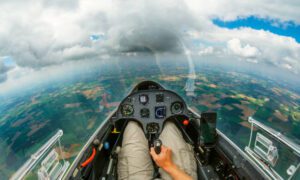In an era where the global aviation industry grapples with unprecedented challenges, particularly a critical pilot shortage and an escalating demand for skilled professionals, the unique trajectory of Esteban Solano offers a compelling narrative of innovation, leadership, and unwavering commitment. A distinguished aviation professional, former Lieutenant in the Colombian Air Force, and currently a Crew Train Planner for a major U.S. airline, Solano embodies the blend of operational mastery and strategic business acumen vital for navigating the complex skies of modern aviation. His career, marked by original contributions to operational protocols and mission procedures, positions him as a transformative figure poised to significantly impact the U.S. aviation landscape.
Born into a family steeped in military values, Solano’s dedication to service and integrity was forged early, particularly influenced by his grandfather’s legacy in the Colombian army. His passion for aviation, however, truly ignited during a pivotal trip to the Dominican Republic, where he witnessed firsthand aviation’s profound role in connecting communities and fostering economic growth. This experience propelled him towards a career in the skies, a journey that led him to the esteemed “Marco Fidel Suarez” Military Aviation School. There, amidst thousands of aspiring cadets, his commitment to excellence set him apart, laying the groundwork for an extraordinary career.
Throughout his tenure in the Colombian Air Force, Solano served in critical roles, demonstrating exceptional tactical expertise and leadership under pressure. As a co-pilot, he navigated a range of aircraft, including the T-27 Tucano, an advanced trainer, and the robust C-208 Caravan, often deployed for high-risk aeromedical evacuations and humanitarian missions. His responsibilities extended beyond the cockpit; at CACOM 2 Military Base, he served as a maintenance coordinator, overseeing vital facility maintenance and construction projects—a testament to his comprehensive understanding of aviation operations, from flight to ground support.
Innovation at the Forefront of Operations
Solano’s career is defined by a proactive approach to innovation, consistently seeking to enhance operational effectiveness and safety. He recounts how adapting the civilian C-208 Grand Caravan for specialized government operations on surveillance and medical missions demanded ingenuity. “We implemented mission planning techniques that combined available satellite data with onboard navigation systems to optimize routes for patient transport in remote regions, significantly reducing response times,” he explains, highlighting the practical application of technology to critical missions.
Beyond route optimization, his teams adopted digital briefing and debriefing tools to elevate crew coordination and post-mission analysis. This shift fostered a culture of continuous learning and safer operations—a direct contribution to evolving aviation protocols. Perhaps most impactful was his involvement with the Air Force’s “Learned Lessons” database.
“All unexpected situations or incidents – including those where procedures failed or risk assessments were inadequate – were recorded and analyzed,” Solano details. “This allowed pilots to proactively study real-life scenarios, understand their root causes, and apply those lessons in daily operations. In aviation, where errors can be fatal, this culture of shared learning has been transformative in enhancing safety and decision-making.” This systemic approach to knowledge management underscores his understanding of organizational learning as a cornerstone of operational excellence.
Upholding Uncompromising Safety Standards
Safety, for Solano, is not merely a protocol but an ingrained philosophy. He has consistently applied stringent Crew Resource Management (CRM), Threat and Error Management (TEM), and comprehensive risk management protocols across all his operational roles, from training on the Tucano to active duty on the Caravan and Harbin Y-12. “Pre-flight risk assessments, detailed weather analysis, and adherence to operational checklists were non-negotiable on every mission to ensure safe and effective outcomes,” he emphasizes.
Technologically, his missions leveraged integrated GPS navigation systems, Mode S transponders, weather radar, and terrain awareness systems, all critical for maintaining situational awareness and mitigating risks, especially in Colombia’s challenging mountainous terrain. The Traffic Collision Avoidance System (TCAS) was an indispensable tool in commercial operations, providing a vital layer of safety against mid-air collisions.
Both the Colombian Air Force and SATENA Airlines maintained robust Safety Management Systems (SMS) with meticulously established Standard Operating Procedures (SOPs), fostering a pervasive safety culture. A crucial element was the voluntary self-safety reporting system, operating under a strict non-punitive policy. This mechanism encouraged pilots to report any safety concerns without fear of reprisal, leading to continuous, proactive improvements in operational safety for all crew and passengers.
On demanding rescue missions in the C-208 Grand Caravan, Solano relied heavily on the standard G1000 avionics suite, which provided integrated terrain awareness, weather radar, and TCAS systems. These tools were paramount for real-time route adjustments and safe arrivals, particularly given Colombia’s unpredictable weather patterns. The use of Night Vision Goggles (NVGs) further expanded capabilities, enabling safe operations during night hours in remote areas lacking basic infrastructure. While limited satellite communication presented challenges for real-time updates with ground medical teams, Solano and his crews expertly managed precise timing estimates, ensuring seamless patient transfers upon arrival.
A Transformative Leader with a Clear Vision
Guiding his leadership philosophy is his personal slogan: “Always proactive, never reactive.” This principle has driven Solano to anticipate challenges, mitigate risks in advance, and ensure every mission is executed with the highest standards of professionalism and safety. This foresight and dedication to proactive problem-solving are qualities highly sought after in the dynamic aviation industry.
Addressing the U.S. Pilot Shortage: A Global Perspective
The U.S. aviation industry currently faces a significant pilot shortage, with estimates projecting a need for 649,000 to 674,000 new pilots between 2024 and 2043. This deficit is exacerbated by mandatory retirement ages, a surge in air travel demand, and a slow training pipeline. While temporary hiring freezes have occurred due to supply chain issues, the fundamental demand for pilots remains critically high.
Solano offers a global perspective on this challenge. “The pilot shortage in the US reflects a global trend driven by retirements, increasing air travel demand, and insufficient new pilot training pipelines,” he states. “In many regions, including Latin America, similar challenges exist, where operational demands exceed the current training output. This situation underscores the importance of investing in quality flight training, supporting pilot career progression, and improving working conditions to attract and retain skilled aviators in both commercial and governmental aviation sectors.”
He pinpoints the high cost of becoming a pilot in the U.S. as a primary barrier. “When you combine flight training expenses – which can exceed $80,000 to $100,000 for all necessary ratings – with the cost of a university degree, total educational investments often reach $250,000 to $400,000,” he notes. “This reality limits access to the profession for many talented individuals who simply cannot afford such financial burdens. Making aviation training more accessible through scholarships, subsidies, or integrated airline cadet programs would be a strategic solution to alleviate the shortage while ensuring the industry attracts diverse and highly motivated pilots.”
Beyond financial hurdles, Solano highlights the unique lifestyle associated with piloting. “Additionally, people are becoming more aware that being a pilot is not just a job but a specific lifestyle. Extended periods away from home, strict duty schedules, and the constant pressure to maintain peak performance are challenges not everyone – regardless of the pay – is willing to take on. It requires true passion, discipline, and commitment to adapt to this demanding yet deeply rewarding career path.”
A Future Poised for Impact
Currently serving as a Crew Train Planner at a major U.S airline, Solano is recognized as one of the top pilots and managers in his seniority. His unique strength lies in his ability to combine operational excellence with strategic aviation business management, consistently optimizing limited resources to achieve high safety and efficiency standards. Furthermore, his expertise in crew training coordination directly contributes to addressing the ongoing pilot shortage.
With a steadfast dedication to service and a profound passion for aviation, Esteban Solano Parra is now poised to make significant contributions to the U.S. aviation industry. His distinguished background as a military pilot, coupled with his commercial experience, has equipped him with invaluable skills in piloting, leadership, and aviation administration—all essential for a successful career in American skies. His vision extends beyond flying; he aspires to contribute as both a pilot and a flight instructor, aiming to educate and mentor future generations, ensuring a lasting, positive impact on the aviation landscape. His ethical standards, resilience, and proven track record of innovative problem-solving position him as an invaluable asset capable of effectively addressing the complex challenges facing the U.S. aviation sector.

